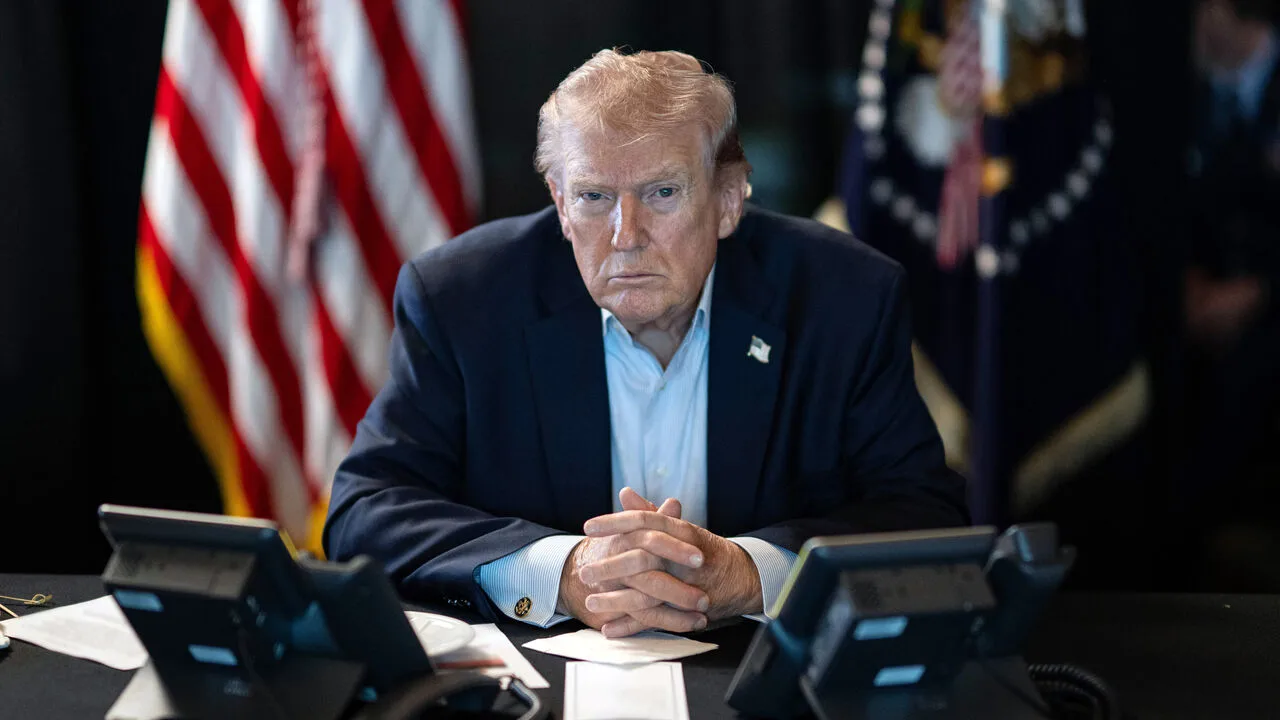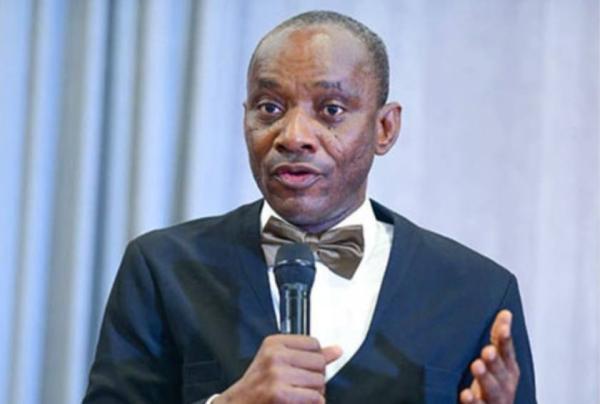
The Federal Government has stated that its tax reform bills are for the poor.
According to FG, the bills are designed to streamline tax systems, enhance business operations, and shield low-income earners from excessive financial burdens.
Speaking at a press briefing at the National Orientation Agency (NOA) office in Osogbo, the agency’s Director-General, Mallam Lanre Issa-Onilu, highlighted the bill’s potential to address the issue of multiple taxation, a longstanding challenge in Nigeria.
Represented by the Director of Report Coordination and Improvement, Olubukola Olorunfemi, Issa-Onilu detailed the key features of the proposed reforms.
“The tax reform bills are four different bills that seeks to bring everything about taxation and administration of tax in Nigeria under four different pieces of legislation,” he stated.
The bills include: 1. The Nigeria Tax Bill – Integrates existing tax laws into a single framework and will repeal 11 outdated laws on tax imposition and collection.
2. The Nigeria Tax Administration Bill – Focuses on enhancing tax governance.
3. The Nigeria Revenue Service Establishment Bill – Establishes a unified revenue service.
4. The Joint Revenue Board Establishment Bill – Coordinates tax policies across various levels of government.
He added that the reforms would address the issue of redundant taxation, preventing multiple authorities from imposing taxes on the same item.
Furthermore, individuals with low earnings would pay minimal or no taxes, helping them manage their finances more effectively.
“The Nigeria Tax Bill basically amalgamated all the existing laws in which provisions for taxation was made. When passed, this bill will lead to the repeal of 11 laws that contain provisions on imposition and collection of taxes.
“The government is working to stop different levels of authority from taxing people for the same thing. Those earning very little will pay little or no taxes, helping them manage their finances better.
“New digital systems are being introduced to make tax payments easier, faster, and more accountable. Tax revenue will be used to improve essential public services like schools, hospitals, and infrastructure, ensuring citizens see the benefits of their contributions,” Olorunfemi explained.
The reforms, according to the Federal Government, aim to ease the financial burden on hardworking Nigerians while ensuring a fair and equitable tax system for all.






















